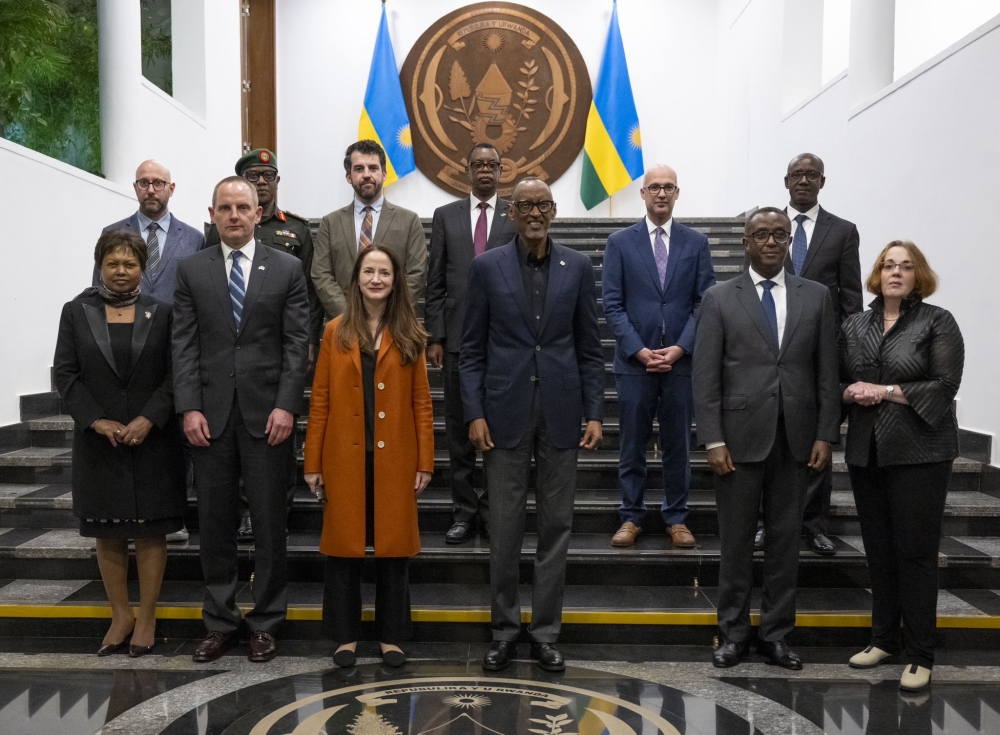White House Director of National Intelligence Avril Haines held discussions with Presidents Paul Kagame and Felix Tshisekedi over the security crisis in eastern DR Congo from November 19-20.
Haines met with Rwandan President Kagame and Congolese President Tshisekedi “to secure commitments from both leaders to de-escalate tensions in eastern [DR Congo],” the White House said in a statement on Tuesday, November 21.
“Acknowledging the long history of conflict in this region, Presidents Kagame and Tshisekedi plan to take specific steps to reduce current tensions by addressing the respective security concerns of both countries,” the statement reads.
“The steps are drawn from previous arrangements reached with the support of neighbors under the Luanda and Nairobi processes.”
Haines was joined by Assistant Secretary of State for African Affairs Molly Phee and Special Assistant to the President and National Security Council Senior Director for African Affairs Judd Devermont.
The White House added: “The U.S. government welcomes, and intends to monitor, these DRC and Rwandan steps towards de-escalation, and plans to support diplomatic and intelligence engagements between both countries to foster greater security and prosperity for the Congolese and Rwandan peoples.”
DR Congo accuses Rwanda of supporting the M23 rebels in the country’s east – allegations Kigali dismisses, saying the rebellion is a Congolese issue.
Rwanda on the other hand, accuses the Congolese army of cooperating with the genocidal FDLR militia, which threatens its security.
The FDLR was created by remnants of Interahamwe militia and the former Rwandan army responsible for the 1994 Genocide against the Tutsi.
Congolese warplanes have violated Rwanda’s airspace at least three times between November 2022 and January 2023, in addition to rocket shells on Rwandan territory, which injured civilians.
On October 23, a Rwandan citizen was injured by a stray bullet from clashes between armed groups allied with the DR Congo army.
The Rwandan government urges Kinshasa to end support to the UN-sanctioned terrorist group FDLR.
The militia is accused of spreading hate speech and violence against the Congolese Tutsi communities.
Eastern DR Congo has been volatile for nearly 30 years and remains home to more than 130 armed groups.










